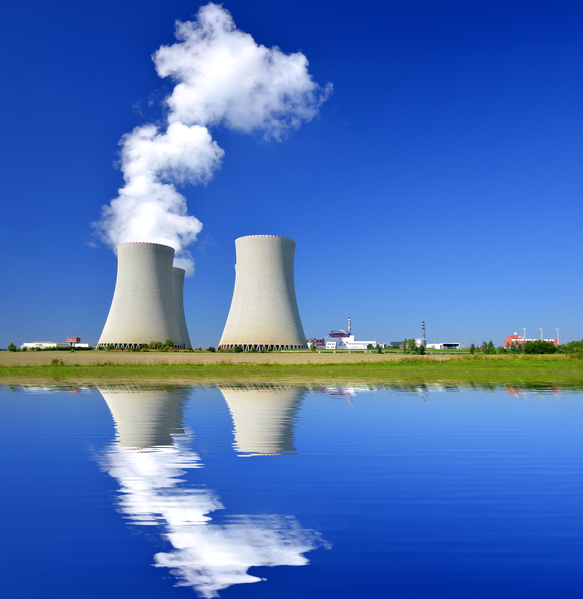In the later part of the year 2016 the Chinese Academy of Engineering and the French Academies (National Academy of Technologies of France and French Academy of Sciences) set up a joint Franco-Chinese study group.
Its general objective was to prepare a common position paper to distil policies and technology options, including safety and waste management, for making nuclear power generation a component of future energy mixes in countries with the appropriate potential for implementing this energy.
Nuclear energy contributes to the reduction in emissions of CO2 in the atmosphere
Regarding overall civil nuclear activities, France and Russia may, at this time, be considered the leading countries in the world. However, China is making impressive breakthroughs in setting up nuclear power plants and appears as one of the potential leaders in the future.
Both France and China are convinced that nuclear energy can effectively contribute to the reduction of fossil fuel consumption and consequently to a notable reduction in emissions of CO2 in the atmosphere. They face similar issues with respect to the role of the foreseen new nuclear technologies and public acceptance. In the context of COP21, targeted at a “low- carbon” world, the three academies have agreed upon a common message addressed to other countries regarding nuclear issues, including m a i n l y scientific, technological, industrial but also economical and societal aspects.
The outcome of the joint Franco-Chinese study group
This report covers many aspects of nuclear energy and attempts to provide an objective overview of many aspects (position of nuclear energy in the future energy mix, benefits, strengths and weak points of nuclear energy, research and development perspectives, technology and safety, engineering etc.) and of societal issues (education, training, risk perception, public awareness etc.) but it is admittedly far from being exhaustive. For example, the important question of the life-time of nuclear power plants and the possible extension of their operation as well as questions pertaining to power plant decommissioning, as well as economic aspects of nuclear energy are not addressed. The report also does not attempt to deal comparatively with all the methods of energy production and with their respective merits and weaknesses.
Although the expert group is attentive to the problems encountered in some current nuclear power plant projects, these issues are not specifically considered in the present study and no attempt is made to examine these difficulties. It is considered that they will be overcome and that this joint report should focus on methods and tools that could improve the development and completion of future projects in particular those relying on digitalisation. There is also no intention whatsoever to interfere with on-going business, governance, financial issues or commercial discussions.
The study is aimed at developing common declarations between the partner academies, which are documented in the present report, whereas the visions and dynamics in China and France are not strictly the same.
Furthermore, this report is not primarily aimed at the general public. The target audience of the study is the “professional” public of countries considering the development of nuclear energy in their energy mix, and in particular the world nuclear community at the annual meeting of the IAEA. On certain issues, the expert group is conscious that more work needs to be done to improve the current state of the matter. This is true in particular for societal issues, where much more is required to inform the public about energy issues and about the extraordinary difficulties that will be encountered when trying to replace fossil fuels, finding other, essentially carbon free, sources of energy that can be mobilized and assuring a stable production responding to demand. To get a better understanding of public concerns will require further efforts, a point that is underlined but that will still need innovative approaches.
Progress in this area will depend on the public’s involvement in the discussions about these issues and their solutions. This debate goes, however, beyond the purpose of the present report and will need additional evidence-based experience and further technical innovations.
Presentation at the September 2017 IAEA meeting in Vienna
The three partners are bringing their joint work to a conclusion when exposing their common views to the world nuclear community, including policy makers, at a side event during the annual General Assembly of the International Atomic Energy Agency (IAEA), scheduled on September 20, 2017.
The presentation will highlight the present partnership between the Chinese and French academies and it is hoped that it will allow putting into perspective some of the difficulties that are encountered in current Western projects by providing a broader, more long-term viewpoint.

